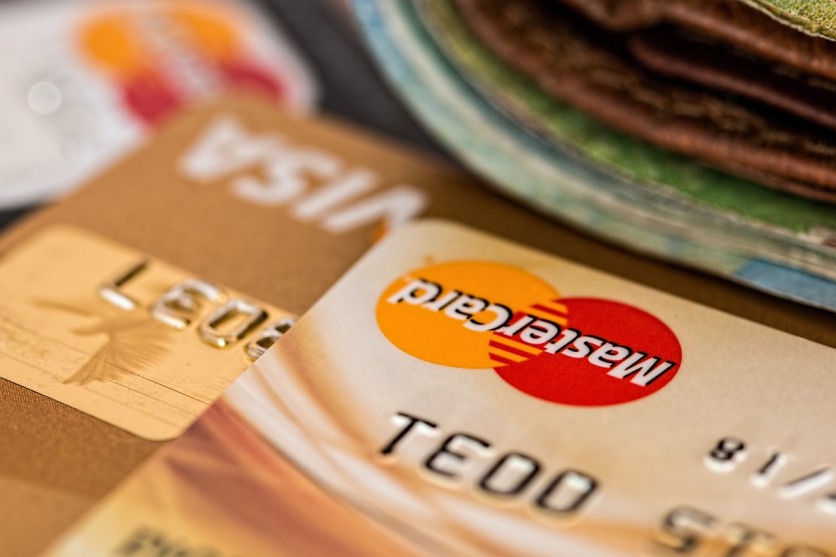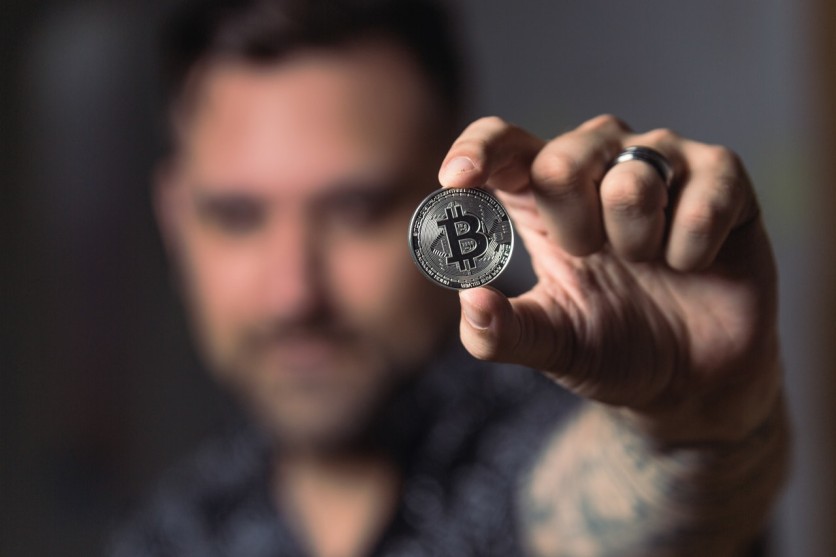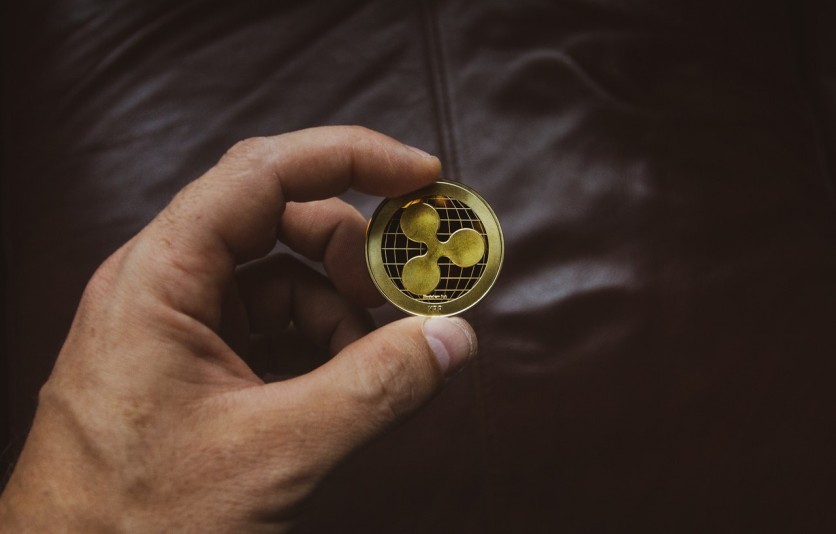
Matjaž Škorjanc is co-founder and Mining Manager of Slovenian company NiceHash, the world's leading provider in the crypto mining market
Interest is growing in the cryptocurrency and crypto mining market and what these assets mean for inheritance purposes.
Matjaž Škorjanc gives his expert insight as this should absolutely concern investors in the world of Bitcoin profits and blockchain tech. Cryptos have exploded in popularity over the last ten or so years and are becoming recognised as valid forms of currency in some regions.
Crypto assets and inheritance - where do we go from here?
We've come a long way from the early days of cryptocurrencies when many experts in news reports predicted it would never become legal tender.
Some even considered crypto and blockchain networks as a scam or an invitation for malware. While there have been news headlines about money laundering opportunities, the global blockchain market is now predicted to be worth more than US$57 million by 2025.
According to the Financial Conduct Authority (FCA)'s figures from June 2021, approximately 2.3 million adults hold cryptocurrency assets in the UK alone. These could be from using mining software, making money from computational power to mine coins, mining directly, working with a crypto company, mining networks or by trading on any leading platform.
Millions consider their cryptocurrency assets as part of their estate when they pass away. But can crypto be left to chosen recipients in a will in the same way as other assets? Is it more susceptible to bank fraud, or can investors and users feel confident about leaving it to their loved ones?

Crypto is widely accepted as part of the global financial sector
There is a growing acceptance of cryptocurrencies as part of the global financial landscape. Across Europe, Governments are starting to work together to regulate cryptos and any company involved in the sector to ensure they're traceable and accountable. There is also much more technical support and security with crypto investments and crypto operating systems.
Mining software and various trading exchanges, networks and other mining platforms are under tighter scrutiny. Matjaž Škorjanc of NiceHash says this varies regionally, but many are ensuring that the identity and ability of company platforms used by miners and investors are legitimate business concerns (a form of defence intelligence for your investments).
Other regions are dealing with cryptocurrencies in different ways. For example, the news that while China has effectively banned the trade and mining of cryptos, El Salvador became the first country in the world to officially classify Bitcoin (BTC) as legal tender.
NiceHash users are proof of changing investor and mining attitudes
Attitudes are changing all the time with a distinct evolution in investor sentiment. Research from the FCA shows that more than 50% of crypto investors are already strategising future investment decisions. Perhaps this isn't surprising when we consider there are more than 100 BTC ATMs in London alone.
Furthermore, the FCA is clear that cryptocurrency is fast becoming much more normalised and accepted by far wider sector of the population.
At NiceHash, we purposely created the platform as both mining software and a user friendly free exchange. As co-founder of NiceHash, Matjaž Škorjanc is focused on making it accessible for users and to provide ways to use computing power to mine tokens, and to trade easily.
Investors and buyers clearly consider investing in cryptocurrencies and the blockchain tech underlying them far less of a risk than it used to be.

Investors and mining software users must plan ahead
Now that cryptocurrencies are firmly in place, investor concerns switch to what happens to their assets after they die. Currently, there is no legislation in the UK to cover the inheritance security of crypto assets or blockchain tech assets.
There are, however, various tax implications and practical considerations that investors should know about.
Obviously, none of this constitutes legal advice or in any way covers the complexity of the question - I would urge any investors concerned about their crypto legacy - whether from mining or investing - to consult their solicitor.
Check the exchange website or mining platform procedures
Cryptocurrency exchanges(such as NiceHash), mining platforms, networks, Bitcoin exchanges and other companies that form part of this sector can have specific procedures concerning the death of an investor or user.
This isn't the case for every exchange, but it's worth checking out their policies to ascertain what the exchange intends to do with the virtual wallet of an investor who's no longer around.

Ensure virtual wallet keys are transferred legally
Speaking of the virtual wallet, it's also important to ensure there are clear instructions regarding the private key and any passwords necessary to unlock the hard drives storing the crypto. Without these, Matjaž Škorjanc believes that the assets could feasibly be lost, along with their value to any beneficiaries.
Crypto keys are long, sophisticated codes that allow the unlocking of a digital wallet storing the crypto. Investors should never share these details while they're alive and trading, of course, but they must be passed on accurately to someone as an inheritance.
It is possible, for example, to set up a Trust for the transfer of the keys and passwords in the event of the investor's death.
A report from the Wall Street Journal shows that about 20% of BTC is lost because investors have lost passwords and keys. Its estimated that more than 3.8 million BTCs will never be recovered.
Without proper measures, a fortune in crypto can be lost
Digital wallets have an immense amount of security built in for obvious reasons (mainly to be protected from malware attacks). If an investor dies before transferring the details of the keys and passwords the assets will lose value.
News reports show this happens a lot. For example, in 2019 Gerald Cotton died suddenly at 30. He was the founder of Quadriga, a Canadian crypto exchange. The company was left owing investors around 215 million US dollars, much of which was locked away by Cotton for safety.
As Cotton held the only key and didn't sign it over to anyone else, thousands of investors lost their money.

Case study: losing millions by ditching out of date operating systems
When a man from Wales decided his computer was out of date disposed of it, he later realised that the laptop held 7,500 BTC. When he realised his error, the council refused permission for him to try and excavate it. At the time of writing, this loss cost him just under £333 million.
Without legally defining crypto assets like those listed in these examples in a Will, it could be next to impossible to get them identified and distributed to beneficiaries. But, if the investor does log enough records of their investments, it's possible for the beneficiary to inherit under the intestacy law.
Get specialist advice on crypto assets
There is another major consideration for investors concerning inheritance and crypto assets - tax. HMRC's guidance on crypto shows that it considers assets like this as the person's property in question and therefore subject to inheritance tax to be paid after the estate holder dies.
One way around this is to transfer crypto into a different, more traditional and stable investment (like property) before they die. While property does, of course, have its own taxation under inheritance laws, it's more straightforward for beneficiaries.
The most important thing for investors present in the crypto space at any level is to get legal advice about their portfolio and their inheritance process to ensure security in any investments.

About Matjaž Škorjanc - NiceHash
He is theis co-founder and former CTO of NiceHash, a cryptocurrency exchange and hash power marketplace. He founded NiceHash in 2014 after spotting a gap in the crypto mining market for a user-friendly free exchange for buyers to bid against each other openly. Škorjanc now looks after NiceHash's mining operating systems.
ⓒ 2025 TECHTIMES.com All rights reserved. Do not reproduce without permission.




